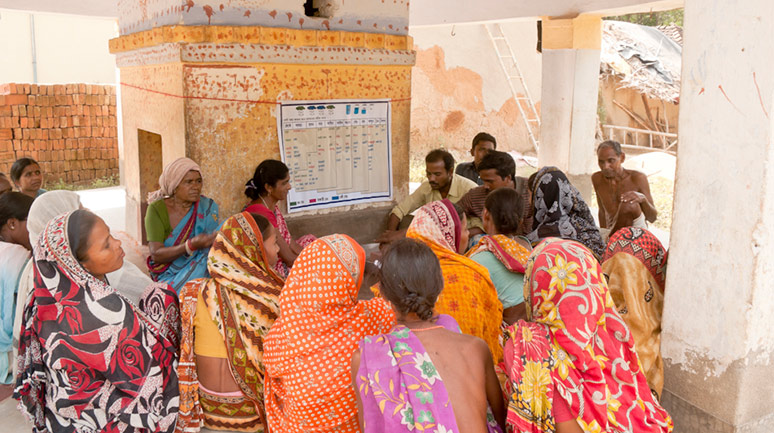Development and Resistance


Reflecting on the assumptions and beliefs that a development professional has as he enters a community, the author explores the need for greater awareness, sensitivity and acceptance of villagers’ abilities, requirements and choices.
C olonialism needs to be looked at from a global perspective to understand how the colonisers plundered wealth from the colonies all over the world. By and large, the erstwhile colonisers are present day developed nations although not all developed nations have been colonisers and not all colonisers became developed. Many of the developed nations have become so as a result of the unprecedented ‘loot’ conducted during the colonial period of more than 200 years, in the name of ‘civilizing the uncivilized natives’. These countries are, at present, the richest countries in the world and, as a result, the most powerful countries too.
They decide and dictate (through IMF and World Bank) what needs to be done for the underdeveloped countries in the world and they do it in the name of development. These countries, in a way, decide the fate of this planet.
The colonial period was characterized by loot and plunder (Habib, 1975). Scholars such as Partha Chatterjee claim that loot and plunder are still continuing to fuel the current neo-liberal regime (Chatterjee, 2008), only the form has changed. The vast Central Indian Plateau, the homeland of tribes, is rich in mineral resources. Significantly, the term ‘community’ is used by development agencies, especially NGOs, to mean something similar to ‘natives’ as used by the colonizers.
Significantly, the term ‘community’ is used by development agencies, especially NGOs, to mean something similar to ‘natives’ as used by the colonizers

